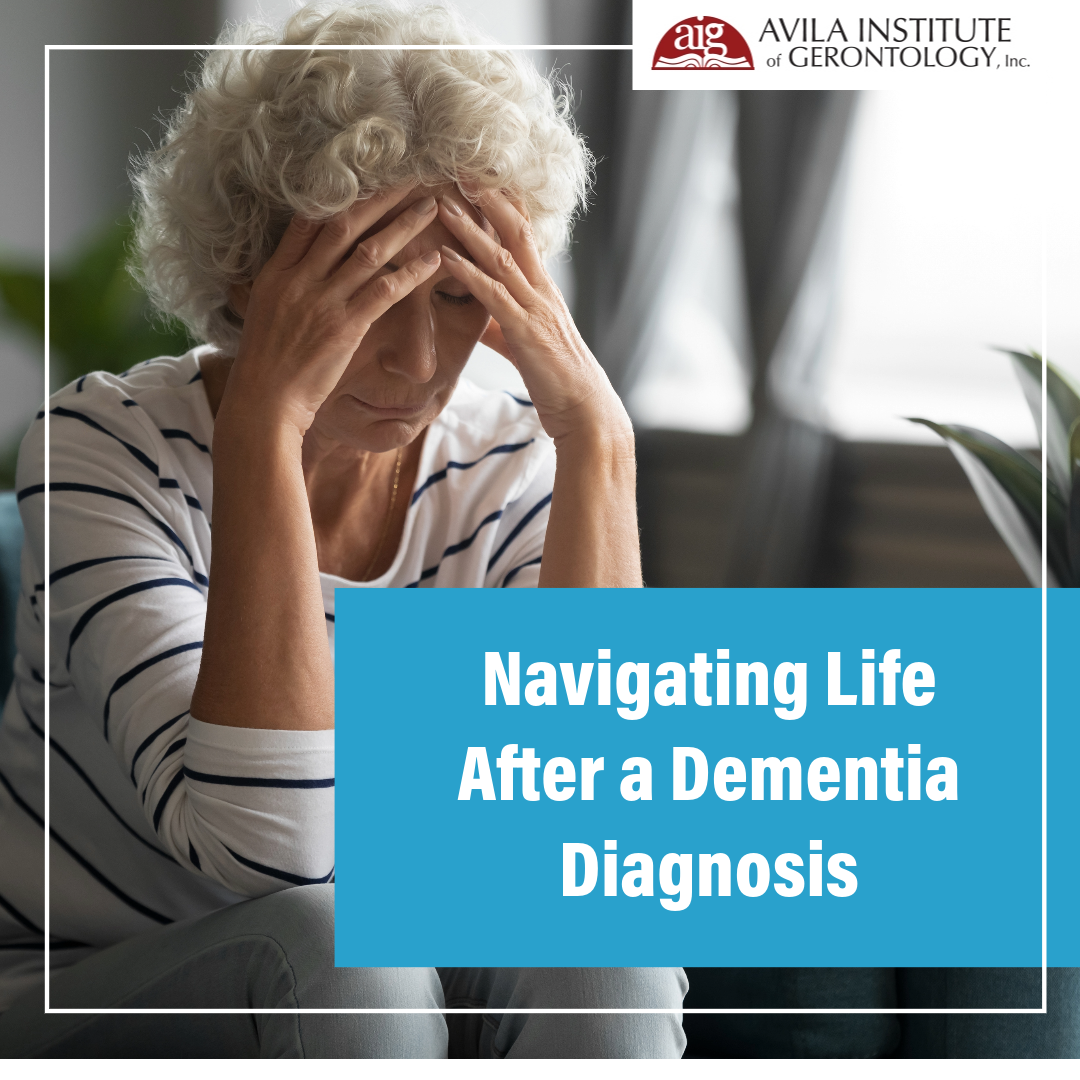
Receiving a dementia diagnosis, whether it's for you or a cherished family member, can be an incredibly challenging and emotional experience. It's a path filled with uncertainty and unfamiliar terrain, but it's essential to remember that you're not alone.
In this journey, there are several crucial steps to take in order to pave the way for the best possible care and quality of life for the individual diagnosed with dementia. These steps can provide comfort, guidance, and a glimmer of hope amidst the overwhelming emotions that often accompany this diagnosis.
Steps to Take After a Dementia Diagnosis
Let's explore these steps together, tailoring them to your unique situation and needs, as we embark on this transformative journey of care and support.
- Seek Expert Medical Guidance: Consult with a healthcare professional who specializes in dementia, such as a neurologist or geriatrician. They can provide a detailed diagnosis, discuss treatment options, and help you understand what to expect.
- Educate Yourself: Learn as much as you can about dementia. Understanding the condition can help you and your loved one cope better and make informed decisions.
- Create a Support System: Dementia affects not only the individual diagnosed but also their caregivers and family. It's important to build a support network. This may include friends, family, and support groups.
- Legal and Financial Planning: Consult an attorney who specializes in elder law or estate planning to help with legal and financial matters. This may include setting up a power of attorney, advance healthcare directives, and financial planning to ensure the individual's best interests are protected.
- Medication and Treatment Options: Discuss treatment options with the healthcare provider. While there is no cure for most forms of dementia, there are medications and interventions that can help manage symptoms and slow down the progression of the disease.
- Create a Safe Environment: Dementia can lead to safety concerns. Make necessary adjustments to the living environment to ensure the person's safety. This may include removing trip hazards, securing potentially dangerous items, and ensuring that the home is easy to navigate.
- Routine and Structure: Establish a daily routine, as this can help individuals with dementia feel more secure and reduce confusion.
- Communication: Learning effective communication techniques is crucial. Speak clearly, use simple language, and be patient. Avoid arguing or contradicting the person with dementia.
- Emotional and Social Support: Encourage social engagement and activities to help maintain cognitive function and emotional well-being. Activities like art, music, and memory games can be beneficial.
- Self-Care: Caring for someone with dementia can be emotionally and physically taxing. It's essential for caregivers to take breaks, ask for help, and prioritize their own well-being.
- Plan for the Future: As the disease progresses, there may come a time when the individual with dementia can no longer live independently. Start planning for long-term care, which may include assisted living, memory care units, or in-home care.
- Stay Informed: Dementia research and care strategies are continually evolving. Stay informed about the latest developments and potential treatments.
There is Hope and Support
Remember that dementia is a progressive condition, and it can be emotionally challenging for both the individual diagnosed and their caregivers. It's essential to focus on maintaining the best possible quality of life, managing symptoms, and providing a supportive and loving environment.
You don't have to navigate this journey alone, and there are resources and organizations that can offer guidance and support.
Follow Us for Tips and Information
Be sure to follow us on Facebook and Instagram for the latest tips and information on dementia for families, long-term care healthcare professionals, and religious communities.
Are you interested in Dementia Care training for your long-term care nursing home facility or for the care of your aging members in religious Community?
As the educational arm for the Carmelite Sisters for the Aged and Infirm, and working with the concerns of healthcare professionals and staff of their nursing homes, AIG recognized the dire need for dementia care training and developed our first training program in 2004.
Now, close to 20 years later, we are on the 8th edition, as we continuously update with the latest research and effective interventions. We have used this program to train thousands of healthcare professionals throughout the United States and in Ireland.
We are currently offering our Dementia Care Training Program both on-site at your facility and virtually, to learn more click here, or contact us to learn how we can help.
